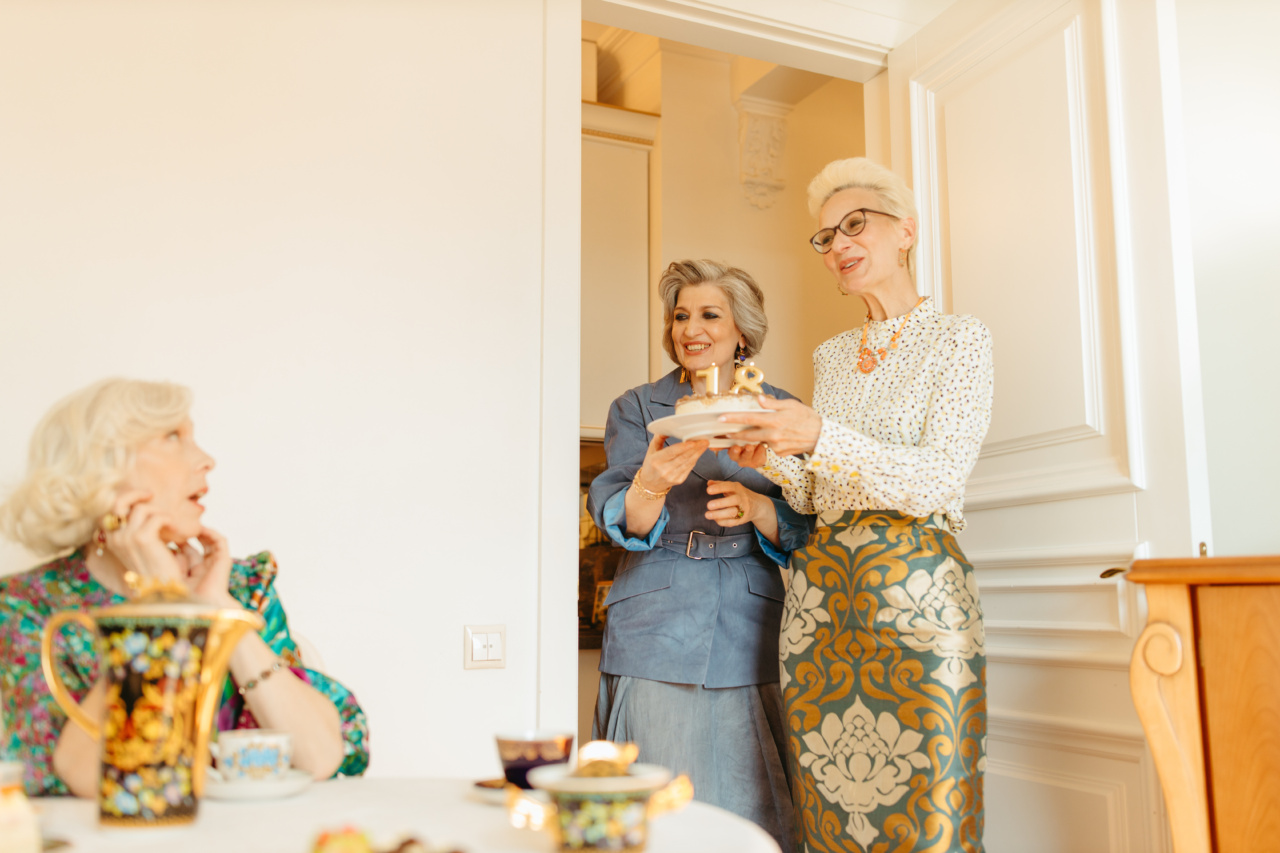As we age, our memories tend to fade. For elderly patients suffering from dementia, Alzheimer’s disease, or other cognitive impairments, this can be an incredibly frustrating and isolating experience.
However, new research suggests that small sessions tailored to rekindle memories can have a profound impact on these patients’ quality of life. By engaging in activities that tap into their personal past, such as storytelling, art therapy, music sessions, and reminiscing, elderly patients can experience a renewed sense of connection and bring back cherished memories.
These small sessions not only provide moments of joy and engagement but also offer therapeutic benefits for the mind and soul.
The Role of Storytelling in Memory Rekindling
Storytelling has long been recognized as a powerful tool for connecting with others and conveying personal experiences. For elderly patients, storytelling can serve as a bridge to their past, bringing back forgotten memories and feelings.
In small group sessions, patients are encouraged to share their own stories or listen to others’ tales. This helps them establish connections with peers and caregivers, reducing feelings of loneliness and isolation.
Moreover, the act of storytelling stimulates different regions of the brain responsible for memory formation and retrieval, promoting mental agility and cognitive functioning.
The Therapeutic Benefits of Art Therapy
Art therapy provides a creative outlet for elderly patients to express themselves and revisit buried memories.
Through various art mediums such as painting, sculpting, and collage making, patients can tap into their subconscious and explore their inner thoughts and emotions. These sessions offer a safe space for self-expression and can help alleviate anxiety and stress, common symptoms among elderly patients.
Additionally, engaging in art therapy can improve fine motor skills and hand-eye coordination, contributing to overall well-being and enhancing the sense of accomplishment.
Music Sessions: The Power of Harmonious Memories
Music has a remarkable ability to evoke emotions and trigger memories. For elderly patients, music sessions can be particularly impactful in rekindling long-forgotten experiences.
Whether through listening, singing, or playing musical instruments, these sessions stimulate the brain’s auditory cortex, which is closely linked to memory and emotions. Patients often find solace and comfort in familiar tunes from their youth, leading to a surge of positive emotions and a temporary escape from the challenges of aging.
Incorporating music in elderly care settings can significantly enhance the overall well-being and happiness of patients.
Reminiscing: Keeping Memories Alive
Reminiscing sessions provide elderly patients with dedicated time to look back on their life experiences, allowing them to relive cherished memories and reconnect with their sense of self.
Caregivers can facilitate these sessions by bringing in familiar objects, photographs, or mementos that prompt reflection and conversation. By encouraging patients to share stories and engage in nostalgia, reminiscing sessions create a valuable sense of continuity and personal history.
The benefits extend beyond the sessions themselves, as patients may experience improved mood, increased self-esteem, and a stronger sense of connectedness with others.
Benefits for Caregivers and Families
The impact of small sessions on memory rekindling is not limited to the elderly patients alone. Caregivers and family members also witness the positive effects of these activities.
By engaging in memorable and enjoyable sessions, patients often become more alert, communicative, and responsive, making the caregiving experience more rewarding and fulfilling. These small moments of connection can strengthen relationships, foster empathy, and help both parties navigate the challenges associated with cognitive decline.
Incorporating Small Sessions into Elderly Care Settings
The incorporation of small sessions tailored to rekindling memories should be a key focus in elderly care settings.
Whether in nursing homes, assisted living facilities, or even at home, these sessions can be easily implemented and customized to suit individual patient needs. Caregivers and healthcare professionals should work closely together to design engaging activities that align with patients’ interests and cognitive abilities.
Furthermore, it is essential to establish a supportive and inclusive environment where patients feel comfortable sharing their stories and participating in these sessions.
The Need for Further Research and Funding
While numerous studies have demonstrated the positive effects of small sessions on memory rekindling for elderly patients, more research is still needed to explore the full potential of these interventions.
Funding should be allocated to support further studies and the development of evidence-based best practices in memory-focused care. By expanding our understanding of the neurological mechanisms at play and refining therapeutic approaches, we can enhance the lives of countless elderly individuals experiencing memory loss or cognitive decline.
Conclusion
Small sessions tailored to rekindling memories have the power to transform the lives of elderly patients.
By harnessing the therapeutic benefits of storytelling, art therapy, music sessions, and reminiscing, we can create opportunities for joy, connection, and personal growth. These activities not only bring back cherished memories but also contribute to improved cognitive functioning, reduced anxiety, and enhanced overall well-being.
It is imperative that we recognize the importance of these small sessions and ensure their integration into elderly care settings, providing solace and support for the elderly and their caregivers alike.





























